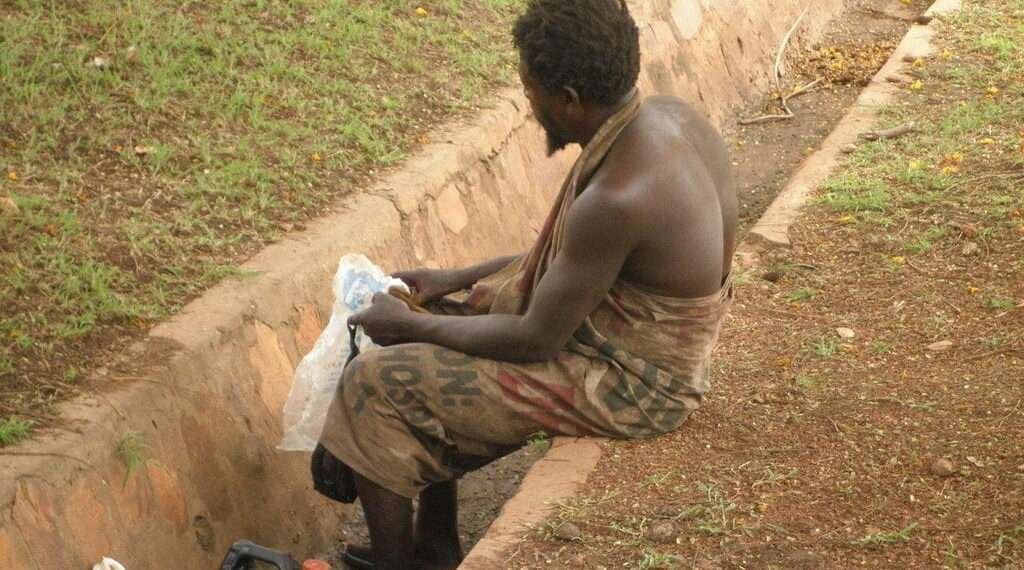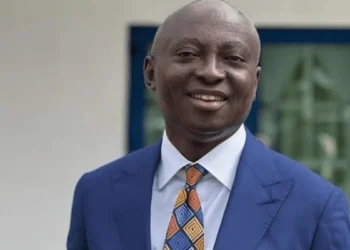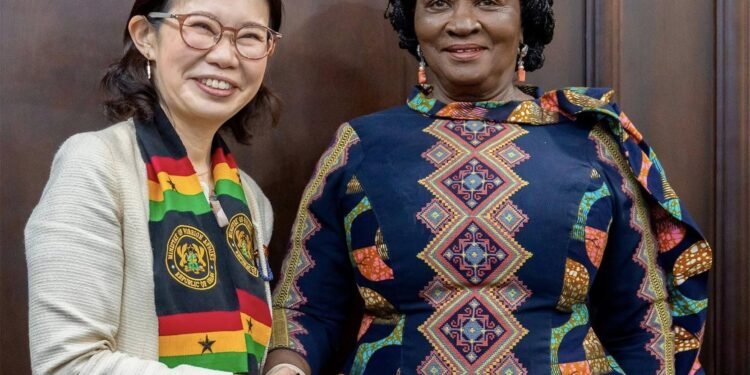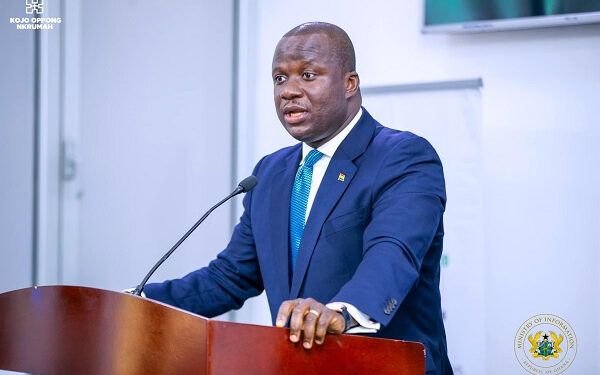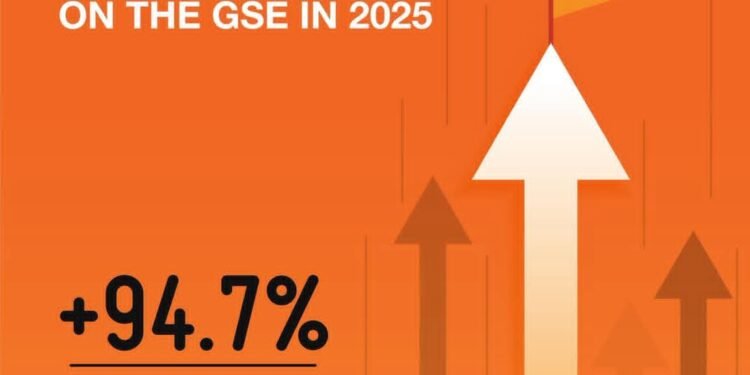A Lack of sufficient funding is significantly obstructing efforts to reduce the number of mentally ill individuals roaming the streets of Ghana. According to a recent mental health report, one in five persons in the country suffers from some form of mental illness.
The Deputy Communication Director of the Mental Health Authority, Dr. Josephine Stiles Darko, has called on the government and stakeholders to remove the mentally ill from the streets of Ghana.
The Mental Health Authority has revealed alarming statistics indicating that a significant portion of the Ghanaian population is affected by mental illness. Through its “Show Your Love” campaign, the authority is appealing for urgent financial interventions to safeguard the well-being of mentally ill individuals and ensure public safety. Dr. Josephine Stiles Darko emphasized that despite ongoing efforts, the lack of funding has stalled progress.
She emphasized that Mental health in Ghana is a serious issue, and despite continuous efforts, there are still mentally ill individuals on the streets. A lot is being done she noted, but there’s also a lot more that needs to be done of which funding remains a major challenge.
The Mental Health Authority is responsible for overseeing mental health care in Ghana. It operates through three main facilities across the country. Dr. Darko highlighted the authority’s approach to handling cases of mentally ill individuals who end up on the streets.
“If someone has a mental illness and they end up on the streets, when they are brought into any of the mental health facilities, they are cared for. Social workers are attached to these facilities to help trace their families, as we know that these people often move far from where they originally lived. We treat them first and then work on reintegrating them into society.”
Dr. Josephine Stiles Darko Deputy Communication Director of the Mental Health Authority
Despite these efforts, Dr. Darko indicated that the scale of intervention remains small due to funding constraints. The authority has, in the past, organized initiatives to remove mentally ill persons from the streets, rehabilitate them, and reintegrate them into society. However, Dr. Darko admitted that such programs are often limited by financial constraints.
The Mental Health Authority pleaded with the government for more resources to expand their efforts to ensure this affected individual gets the help they deserve.
Addressing Stigma and Discrimination
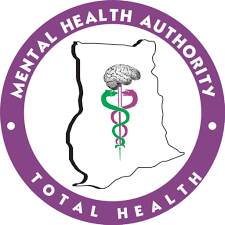
In addition to financial constraints, stigma and discrimination against mentally ill persons remain significant barriers to progress.
“Mental illness can affect anyone at all and therefore we should fight stigma and we shouldn’t discriminate. We should rather include and support persons living with mental illness so that together, we will make Ghana a place where mental health is prioritized.”
Dr. Josephine Stiles Darko Deputy Communication Director of the Mental Health Authority
The call for action is not only directed at the government but also at civil society and individuals. The need for a collective effort to provide care and dignity for mentally ill persons is paramount.
Mental health advocacy groups and professionals continue to stress the need for increased government intervention. They argue that mental health should receive the same level of priority as other healthcare issues such as malaria and maternal health.
The Mental Health Authority is calling for; Increased government funding for mental health facilities, Establishment of more rehabilitation centers, Strengthening of community mental health programs and Public education campaigns to reduce stigma. Without these interventions, many individuals suffering from mental illness will continue to roam the streets without receiving the necessary care.
The mental health crisis in Ghana requires urgent attention. With one in five persons suffering from some form of mental illness, there is a dire need for increased financial investment in mental health services.
Stakeholders, including the government, private organizations, and individuals, must work together to ensure that mentally ill persons receive the care and support they need. By prioritizing mental health, Ghana can create a safer and more inclusive society for all.
READ ALSO; Sammy Flex Defends Shatta Wale’s Soft Side

